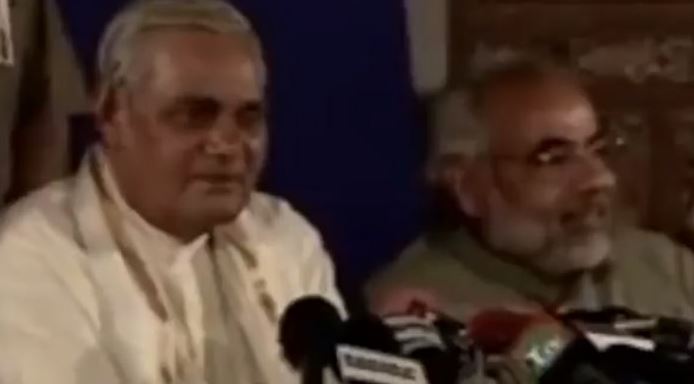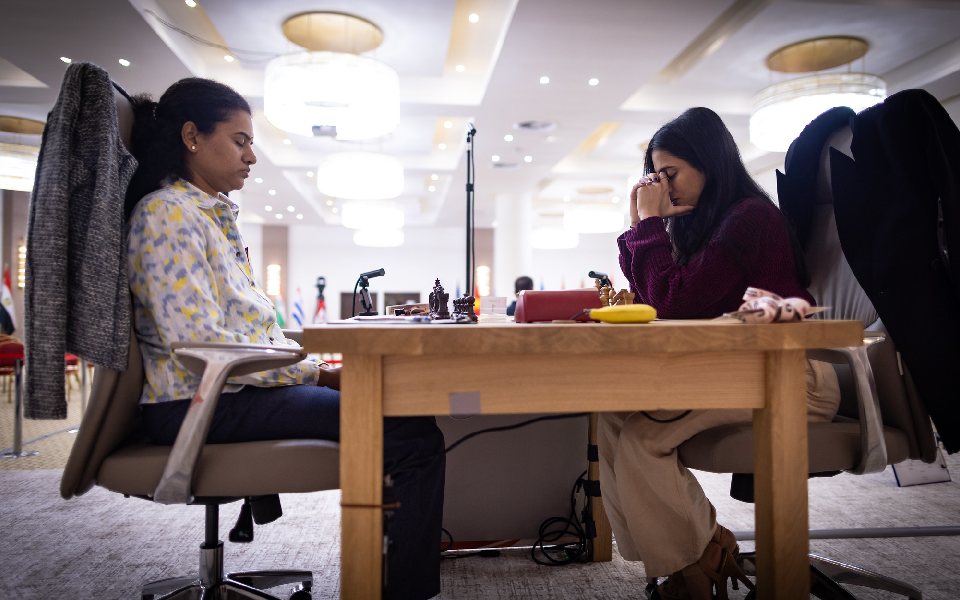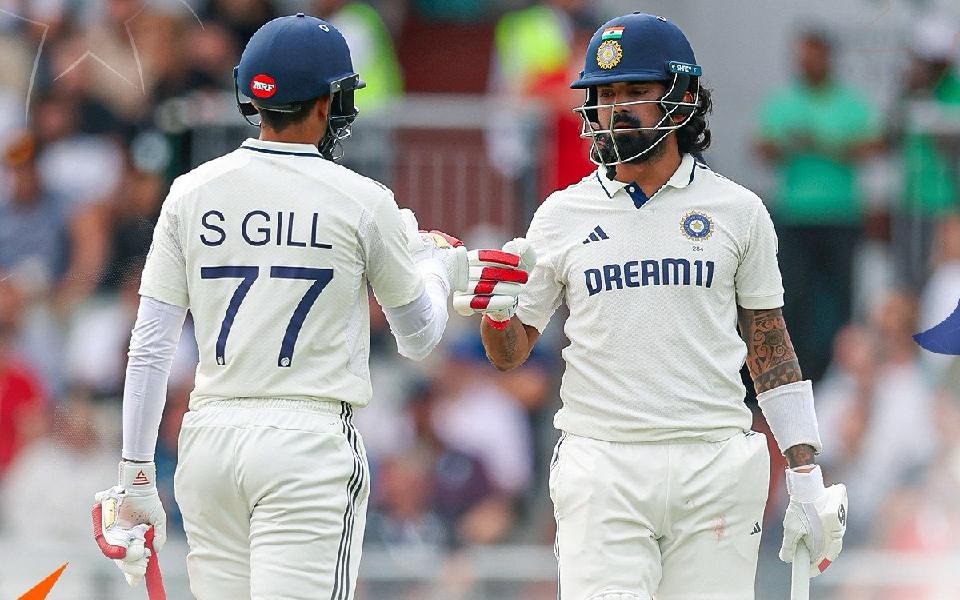New Delhi, Jan 21: The Congress on Saturday criticised the government for the "censorship" of a BBC documentary on Prime Minister Narendra Modi, asking why had then prime minister Atal Bihari Vajpayee reminded Modi of 'raj dharma' after the 2002 Gujarat riots.
The Centre has issued directions for blocking multiple YouTube videos and Twitter posts sharing links to the documentary "India: The Modi Question", according to sources. The Ministry of External Affairs (MEA) had earlier slammed the documentary as a "propaganda piece" that lacked objectivity and reflected a colonial mindset.
Reacting to the developments, Congress general secretary in-charge communications Jairam Ramesh said on Twitter, "PM and his drumbeaters assert that the new BBC documentary on him is slanderous. Censorship has been imposed."
"Then why did PM Vajpayee want his exit in 2002, only to be pressured not to insist by the threat of resignation by Advani?" he said.
Why did Vajpayee remind him of his 'raj dharma', Ramesh asked.
The Congress leader also attached a video clip of Vajpayee talking about "raj dharma" with the then Gujarat chief minister, Modi, sitting next to him.
The BBC documentary claims it investigated certain aspects relating to the 2002 Gujarat riots when Prime Minister Narendra Modi was the chief minister of the state.
AICC general secretary organisation K C Venugopal had on Friday alleged that Modi "is still scared of the truth about 2002 coming out 21 years later".
The MEA had condemned the BBC Panorama programme, which has not been screened in India, alleging it was designed "to push a particular discredited narrative".
"The bias, lack of objectivity and continuing colonial mindset is blatantly visible," MEA spokesperson Arindam Bagchi told reporters during a press briefing in New Delhi on Thursday when asked about the controversial series.
PM and his drumbeaters assert that the new BBC documentary on him is slanderous. Censorship has been imposed. Then why did PM Vajpayee want his exit in 2002, only to be pressurised not to insist by the threat of resignation by Advani? Why did Vajpayee remind him of his rajdharma? pic.twitter.com/wwUkDQvlXi
— Jairam Ramesh (@Jairam_Ramesh) January 21, 2023
Let the Truth be known. If you read VB and like VB, please be a VB Supporter and Help us deliver the Truth to one and all.
Batumi (Georgia), Jul 26 (PTI): Young Indian International Master Divya Deshmukh held her nerves to hold stalwart Koneru Humpy to a draw in game 1 of the FIDE Women's World Cup final, with both players having their share of opportunities to take the lead here on Saturday.
The draw with black means Humpy, the two-time World Rapid champion, holds a slight edge going in the second and final game under the classical chess rules in the two-game mini-match, and should the deadlock continue, games of shorter duration will be played to determine the winner.
Humpy employed the Queen's gambit accepted as black and it turned out to be a pretty fascinating game right out of the opening as Divya, 19, came up with a piece sacrifice early to deny the black king the right to castle.
Humpy was the first to err and, according to computers, Divya had things under control on the 14th move. However in her bid to recover the extra material, the Nagpur girl, who has secured a place in the Candidates tournament with her sterling performance here, missed a promising continuation.
What followed the exchange of all minor pieces and the ensuing queen and rook endgame gave enough counter play to both players. The game was eventually drawn after Humpy sacrificed her rook to force perpetual checks.
"The game saw an extremely sharp battle with the game ending in a draw in 41 moves. On move 7, Divya made her aggressive intentions clear by offering another pawn,
which looked like home preparation. Humpy made a practical decision of refraining from taking the pawn and a balanced position was reached by move 10 by white," said Grandmaster Pravin Thipsay, an Arjuna awardee and the first Indian to get a chess Grandmaster norm.
"However, instead of developing the undeveloped Knight, Humpy retreated the centralised Knight on move 10, giving huge positional advantage to Divya. Divya could have gained huge positional advantage on the 12th move by moving a rook. However, she chose to play for King side attack by sacrificing a piece instead.
"Humpy, too, erred at this stage and instead of moving the King to Queen side, moved it to the King side. Divya, on move 14, could have obtained a crushing attack by threatening a mate by developing her Queen. Instead she chose to exchange a pair of Bishops first, which enabled Humpy to defend her King by returning the piece," said Thipsay.
"Players thus reached a balanced Queen and two Rooks ending. Divya continued to play ambitiously and tried to attack Humpy’s King but the latter defended accurately and the game was drawn in 41 moves by perpetual check," he added.
In the play-off for the third place, Chinese players Zhongyi Tan, the former women's world champion and top seed Lei Tingjie also decided to split points out of a Queen’s gambit declined game.
The opening raised visions of a close contest between the two but having been knocked out of title race in the previous round, none of them wanted to take any huge risk. It was still a middle game when the players shook hands.
With the top two positions sealed for the Indians, the berth to the next Candidates is also assigned, while the player finishing third will also get an entry to the premier event scheduled for 2026.
Results: Divya Deshmukh (Ind) drew with Koneru Humpy (Ind); Zhongyi Tan (Chn) drew with Tingjie Lei (Chn).





